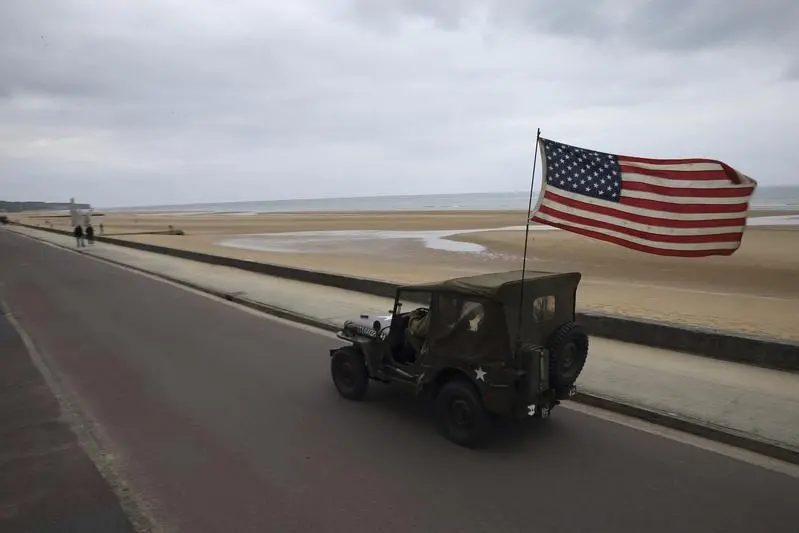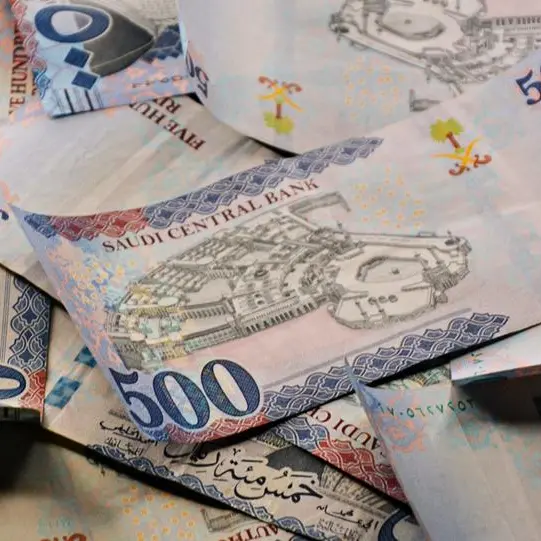PHOTO
By Hanan Alnufaie
RIYADH — Sidra Capital, a Saudi multi-family office, has invited the former Director of Economic Policy at the White House Todd Buchholz to Saudi Arabia to meet local investors to discuss the new Trump administration and its potential implications and influence on GCC-US relations including economics. In this regard, media gathering was held to shed some light the current GCC-US relation and the future expectations.
Buchholz said “my experience has been the intersection of politics and finance and economics. What I tried to do professionally is to look at important issues through several different lenses. One of them is of course politics, the other is the financial market including the impact of political decisions on financial markets and the impact of financial markets on basic economy and economic growth,” he said.
He stresses that Saudi Arabia and the US have some common ground on economic issues as well as Foreign policy issues. “As Saudi Arabia tries to diversify its economy. I think the Trump’s administration sees the opportunity to provide expertise and to provide some of the infrastructure in engineering necessary for Saudi Arabia to reduce its dependence on energy,” he said.
“On economic policy, if we ask the question: where on the list of priorities is economic growth? I think President Trump puts that very close to the top. That is why he cares about enhancing economic ties with world countries,” he added.
He mentioned that the world desperately needs economic growth. “The world needs more growth. Growth provides jobs, rising incomes, it also helps contain social tensions.”
He emphasized that the economic relationship between the US and Saudi Arabia has the opportunity to improve and expand. “I think that efforts in Saudi Arabia to liberalize some trade and licensing agreements. The infrastructure that is being built the opportunities for American companies allows Saudi Arabia to be seen by US politicians and business makers more than simply the leading oil exporter within OPEC and I think that has been one of the challenges with US-Saudi economic policy that Saudi Arabia has been seen essentially as oil producer only. So I think the efforts to diversify can allow more mature relationship economic wise,” he said.
He clarified that the revolution in energy production fracking (hydraulic fracturing) of natural gas and the increase in energy production in US gives the US little bit more freedom in negotiating and having relationships with OPEC members. “ I think this also puts pressure on Saudi Arabia to diversify economy even more quickly,” he said.
Despite low oil prices, Buchholz believe that Saudi Arabia is going to achieve even more prosperity through its movement towards liberalization of the economy. “I see that transformation in Saudi Arabia is very intelligent and far sided,” he said.
On the possible investment arenas in Kingdom, Richard Banks, who is the former Director of Euromoney Saudi Arabia and MENA, said “there are sixkey opportunities for foreign capital in Saudi Arabia, which are: credit (bond market) or sukuk (Islamic Bonds). It is a huge opportunity for international investors to put money into Saudi Arabia, bringing supply chain of large companies, such as Aramco and SABIC. There is a program called In-Kingdom Total Value Add Program (IKTVA), housing, health, education and infrastructure. There are more opportunities today for foreign investors in Saudi Arabia than they were four years ago. The opportunities now are greater.”
Buchholz believes that there is an opportunity for GCC countries to work more closely with the US on not only on economics level, but also on foreign policy and fighting terrorism.
© The Saudi Gazette 2017





















